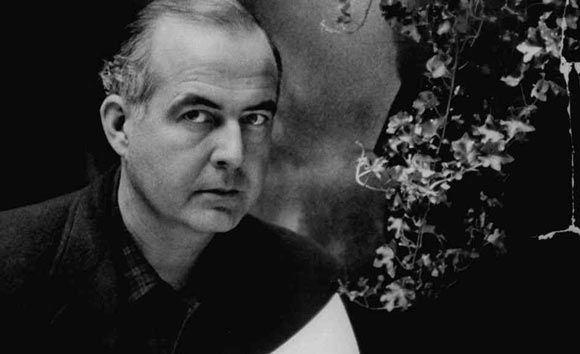
Samuel Barber was an American prodigy in the classical music world. A man of exquisite talents, Barber favored making compositions in a variety of genres throughout his five-decade long career, some of which included the piano, orchestral, vocal, chamber and opera music. Given the musical interests of the time, Barber, however, envisioned to build his compositions on an entirely different set of principles. His music had reformed, yet very catchy instruments of Romanticism, striking melodies and playing styles. Another dimension that was particularly peculiar to Barber was the tremendously long-lasting acclaim he was subjected to, throughout a career that spanned 50 years, all because of his state-of-the-art skills in classical compositions.
Growing up in a family with musical abilities made things quite easy for young Barber to grasp a hold of. Although his father had pursued a career as a Physician, virtually every other family member had been a composer or an organist of sorts. At the age of 6, Barber made his first attempt to learn the piano, and successfully enough composed a magnificent solo piano piece only a year later. By the age of 10, he had composed his first opera, called The Rose Tree. Not long after, he was enrolled in the Curtis Institute of Music, where he developed further taste for vocals, composition and the piano, seeking the aid of renowned artists like Isabelle Vengerova and Rosario Scalero. He also befriended an incredibly gifted composer, Gian-Carlo Menotti, with whom he would collaborate for the better part of his life. In his student years, Barber is credited to have focused more on vocals with songs such as Dover Beach, and orchestral pieces like Overture to the School for Scandal making center-stage at the time.
After graduation, Barber worked on a stream of compositions with a string quartet titled Adagio of Strings, standing out as one of the most popular. After being performed by the NBC Symphony Orchestra, Barber’s career really took a notable flight amongst the classical musicians of the day. Soon after, the 1939 version of the Violin Concerto took Barber’s recognition to the international stage, something Barber would never have dreamt of a few years ago. At the time of World War II, he served in the Air Corp, where part of his job required him to make musical compositions. In this period, the likes of some of the most spectacular pieces came to life. These included the Second Essay for Orchestra (1942), Excursions (1942), the Capricorn Concerto (1944) and the Cello Concerto (1945). The work of Excursions featured some interesting piano melodies, while defining Barber’s attempts to experiment with modern blues and boogie-woogie elements. The latter two pieces were part of his works on the four concertos, each separately featuring the piano, orchestra, violin and cello. One of his most famous vocal compositions includes Knoxville: Summer of 1915 (1948). This established his dominance in vocals, making a case for further developments in the vocal arena of compositions. In the 1950s, Barber’s first opera Vanessa (1958) premiered in New York City. The libretto was provided in English by Barber’s life-long friend and partner, Gian-Carlo Menotti. This piece ultimately won Samuel Barber the Pulitzer Prize.
Up till the 1970s, he sporadically composed some spectacular pieces for piano, orchestra and vocals, that were performed by renowned artists such as Vladimir Horowitz, Eleanor Steber and many more of their like. His works won him several awards and an iconic status in the international arena. He particularly adhered to themes of grief, Romanticism and melody, while espousing the grand importance of vocals in his compositions, some of the reasons why his works are still recognized to this day.